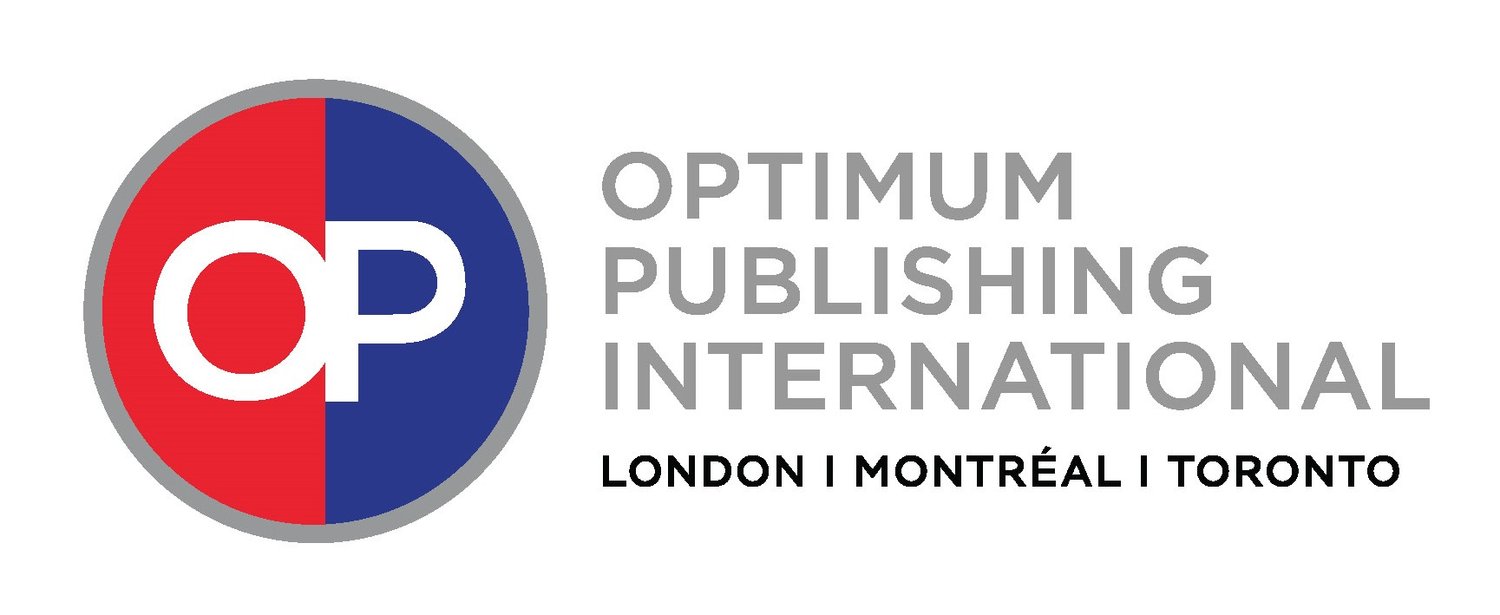Australian Author and Academic says “Canada is in Danger”
Clive Hamilton is an Australian academic and author. His book on China's influence in Australia, Silent Invasion, was a national bestseller that propelled him to the centre of the China debate at home and abroad. His articles have appeared in the Guardian, New York Times, Foreign Affairs and THES.
He has teamed up with European China affairs academic Mareike Ohlberg to write the global account of CCP infiltration in the west including startling Canadian revelations that expose (Hidden Hand, Exposing how the CCP is reshaping the World) how our political and economic elite have been manipulated, bought or co-opted by the Chinese “Deep State” apparatus.
The following article appeared in True North on March 16, 2020.
Clive Hamilton says he is worried by the influence the Chinese government has on Canadian institutions.
An Australian academic who wrote a book about China’s influence in his country says Canadian institutions are under even more influence.Clive Hamilton, professor of public ethics at Australia’s Charles Sturt University told the National Post he is worried by the influence the Chinese government has on Canadian institutions.
He claims that the situation is clearly more serious in Canada than in Australia.
“Yes, Australia’s economic dependence is higher — in terms of trade — but when I look, as I have been doing, at the subtle but intense influence of China on Canadian institutions — parliaments, provincial governments, local governments, universities, the intellectual community, the policy community — it makes me deadly worried,” he said.In 2018 Hamilton wrote “Silent Invasion: China’s Influence in Australia.” After finishing his book three publishers refused it, each citing fear of retribution from China.
Hamilton notes the extreme influence the Chinese government has in Canadian universities, citing the harassment of Tibeto-Canadian Chemi Lhamo after she was elected student-union president at UofT Scarborough.
A petition demanding Lhamo be removed saw over 11,000 signatures. Virtually all the names on the petition were Chinese.
“I’m kind of dismayed at the apparent unwillingness of authorities to defend those essential democratic principles, including, in this case, the right of a minority person to participate in the democratic process on campus.”
The Chinese Students and Scholars Associations (CSSAs) operating in universities across Canada are known to be closely associated with the Communist Party of China.
Hamilton also made it clear he believes Canada should ban Huawei, a telecommunications firm closely associated with the Chinese government. Australia has already banned Huawei.
“It’s the only sensible thing to do, even though there will be economic costs. The security benefits in my judgment far outweigh the economic costs,” he said.
China arrested two Canadian citizens over a year ago in retaliation for the arrest of Huawei executive Meng Wanzhou. Despite these arrests and repeated insults by Chinese officials, Canada has attempted to play nice with China.
“It’s one thing to be polite, it’s another thing to be bullied by an authoritarian power,” Hamilton said.
Hamilton ended by saying the critics of China should not be afraid of being called racist as many Chinese-Canadians cannot speak up out of fear of retribution from the regime or its allies in Canada.
“There are a lot of Chinese Canadians who would like to have their say but have to censor themselves if they want to avoid very severe consequences. Those who do make a decision to speak up are very courageous people.”

